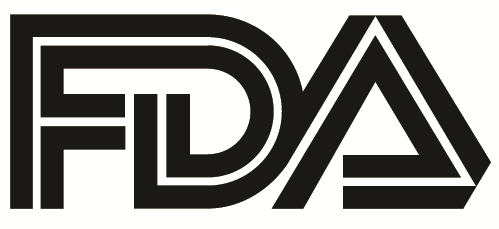Gottlieb Approved by Senate Panel as Nominee to Head FDA
Scott Gottlieb received a 14-9 vote April 27

The nomination of conservative health policy analyst Scott Gottlieb to lead the US Food and Drug Administration (FDA) has advanced, according to multiple reports.
The Senate Health, Education, Labor and Pensions Committee voted 14-9 in favor of Gottlieb, with all Republicans and two Democrats voting yes.
His nomination by President Donald Trump has raised questions from Democrats, who claim that there may be possible conflicts of interest resulting from his ties to the health care and pharmaceutical industries, including his work as an independent director at Tolero Pharmaceuticals and Daiichi Sanky Inc, as well as his membership on GlaxoSmithKline’s product investment board and his role as a venture partner at New Enterprise Associates (NEA).
Controversy aside, the 14-9 vote in Gottlieb’s favor means he will now receive a full vote from the Senate.
Gottlieb’s political views are on display in his regular contributions to the editorial page of the Wall Street Journal (WSJ) and Forbes. In a WSJ op-ed titled “How Obama’s FDA Keeps Generic Drugs Off the Market” he argued against the flurry of new regulations he claimed were raising production costs and reducing competition for branded drugs.
“One of the biggest factors fueling the angst over drug prices in the US is that some older medicines that should be sold cheaply as generics are still priced very high, often owing to a dwindling number of generic competitors and the rising cost of producing these drugs,” Gottlieb wrote. “Bernie Sanders and Hillary Clinton like to blame generic-company mergers and greedy drugmakers. But a closer look reveals that a series of regulatory policy blunders is at fault.”
Keeping regulatory barriers low enables vigorous competition from multiple firms, Gottlieb said, because “each one [is] vying to sell drugs for close to the cost of manufacturing.”
Gottlieb has held several positions within the US federal government, including as the FDA’s Deputy Commissioner for Medical and Scientific Affairs under former president George W. Bush from 2005 to 2007. He helped initiate the early development of the FDA’s generic drug user fee program, as well as the agency’s release of the Physician Labeling Rule. He also worked on development of the FDA’s policies related to the tentative approval of fixed dose combination drugs for the treatment of HIV/AIDS under the PEPFAR program. He was a member of the White House Biodefense Interagency Working Group, which was convened after the 9/11 attacks to help draft a strategic plan for the development of US biodefense countermeasures.
The physician and analyst is also a member of the Public Policy Committee to the Society of Hospital Medicine and an advisor to the National Coalition for Cancer Survivorship.